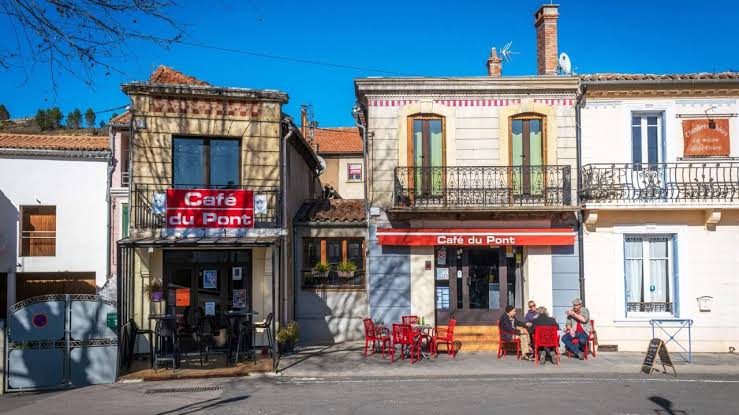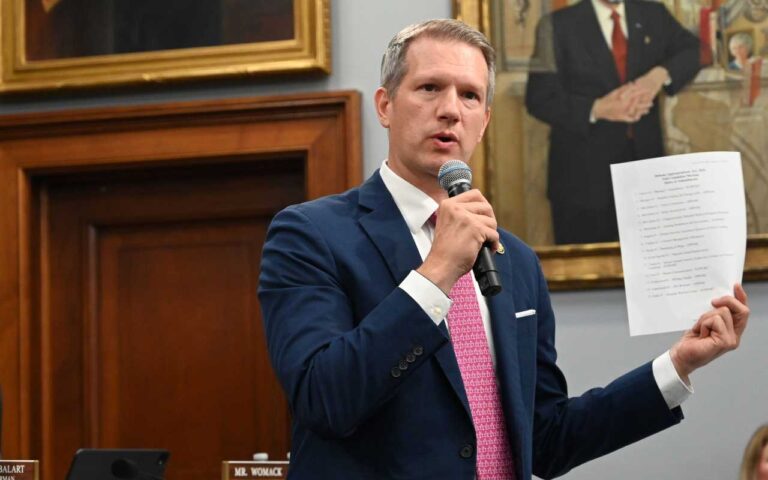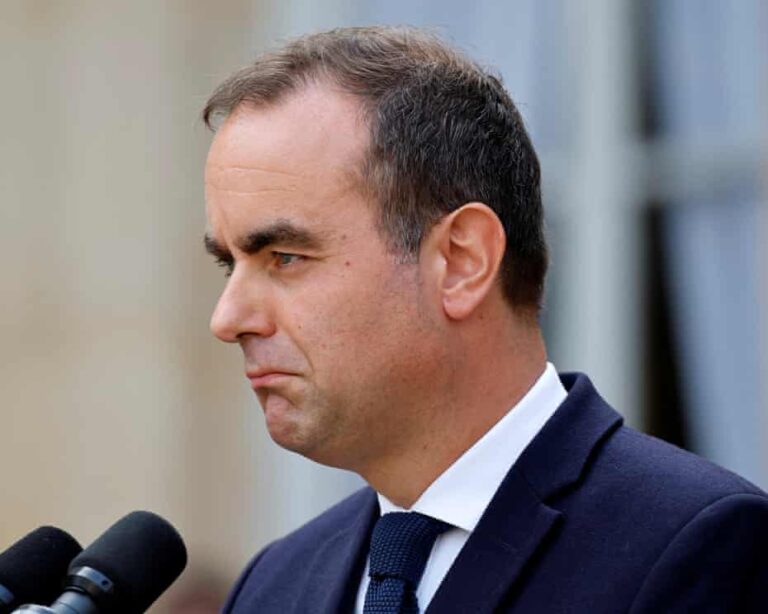
French lawmakers are set to deliberate on a proposal aimed at simplifying the process of establishing bars in villages that currently lack such establishments. Proponents argue that this initiative could rejuvenate social interactions in rural areas, while opponents express concerns regarding potential health implications.
In 1960, France boasted approximately 200,000 cafés, which served as vital social hubs for communities nationwide. However, by 2015, this figure had plummeted to around 36,000, with the majority of closures occurring in rural regions, as highlighted in a 2017 report by the France Boissons industry association and the CREDOC consumer studies agency.
Centrist legislator Guillaume Kasbarian has introduced a bill aimed at revitalizing cafés and bars in remote countryside locations. “Reopening cafés means bringing French villages back to life,” Kasbarian stated last week, emphasizing that it would strengthen social connections, stimulate local economies, and generate employment opportunities.
Currently, French law stipulates that a type-4 alcohol license permits the consumption of alcoholic beverages, including spirits with an alcohol content exceeding 18 percent. However, the creation of new permits is prohibited, forcing prospective bar owners to wait for an existing type-4 bar to close before they can acquire a license, a process Kasbarian describes as lengthy and cumbersome.
The proposed legislation would enable café owners in rural municipalities with populations under 3,500, which do not already have a type-4 bar, to apply for a new permit rather than waiting for an existing one to become available. While it is challenging to determine the exact number of villages that could benefit from this law, data from the association of French mayors indicates that 31,000 out of 35,000 rural municipalities have populations below 3,500.
See More: Italy pushes for 200-billion-euro defence plan using EU guarantees
Critics of the bill are concerned that it may lead to increased alcohol consumption in areas where addiction support services are limited. They have raised questions about the necessity of permitting spirits in villages and whether a type-3 license, which allows for the sale of beer and wine, would suffice.
Advocates argue that this initiative is crucial for encouraging residents to engage socially, noting that spirits are already sold in nearby grocery stores. The French health ministry reports that alcohol is responsible for 49,000 fatalities annually.



